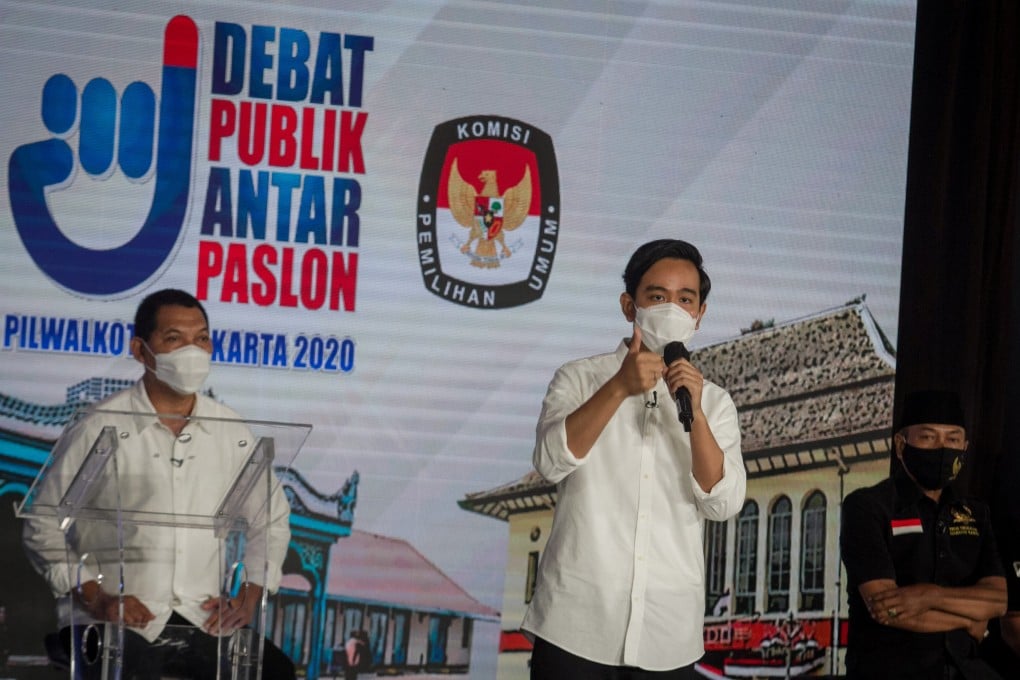Explainer | Why Indonesia’s 100-million strong ‘democracy festival’ is sparking Covid-19 super spreader fears
- More than 100 million people can vote in regional polls on Wednesday and health experts fear Southeast Asia’s worst-hit country will see more infections
- The rise of political dynasties is also a concern as President Joko Widodo’s son and son-in-law battle for votes

Vote counting is expected to wrap up on December 20.
Why didn’t the authorities delay the election?
Health experts and influential groups including the two largest moderate Muslim organisations, Nahdlatul Ulama and Muhammadiyah, called on the government to cancel the elections because of the coronavirus pandemic. Instead, the government in June decided to push the date back from September to December 9.
Jakarta is also aiming to showcase to the international community that Indonesians are capable of holding a major election even amid the pandemic, with voters complying with stringent health measures. However, the General Elections Supervisory Agency, or Bawaslu, said on Friday that there had been 2,584 violations of health measures since campaigning started on September 26 until it ended on December 4. More than 124,000 campaign events or activities were held in person, despite the agency’s plea that only virtual campaigning be done.